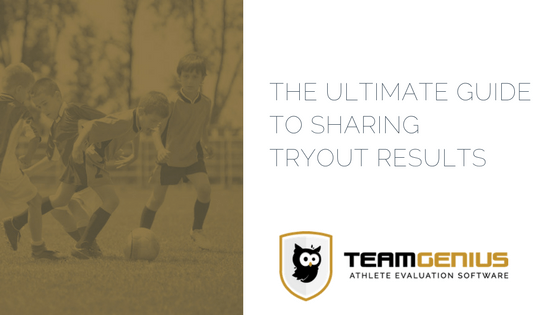
The Ultimate Guide to Sharing Tryout Results
For youth sports coaches and league directors, the hardest part of tryouts may not be the evaluation sessions themselves – instead, it can often be communicating the results to the athletes and their parents.
Having kids involved in youth athletics can bring many positives to their lives. It keeps children active, builds teamwork and social skills, teaches determination and perseverance, and allows kids to see the benefits of hard work.
These are positives coaches and directors want to be involved with and want to watch young athletes partake in.
Unfortunately, youth sports can also teach other lessons, like how to cope with the disappointment of not making a team, and dealing with the reality that they weren’t skilled enough to be on the squad they wanted to join. These are hard life lessons that can come at young age for youth athletes.
For these reasons, it’s important for coaches and league directors to communicate tryout results properly to kids and their parents and should be included on any tryout prep checklist.
What to do
It’s important for youth sports coaches and directors to start communication early with parents and players so there are no surprises at the end of tryouts. Entering evaluation sessions, parents and players should be informed as to the number of teams that will be formed, how many athletes will make the squads, and what the options will be for the players who are cut.
To accomplish this, leagues should send out communications to parents far in advance of tryouts (even as early as 1-3 months before the evaluation sessions). This email or letter can include information about registration, the tryouts format, and any potential cuts.
On the day of evaluations, coaches or the league director should address the parents in person to ensure everyone knows the format and expectations for the day. Information as to how many players will make the team can be shared at this time.
After the tryout sessions the directors will need to determine how and when to communicate results to all athletes. Those who did not make the team will need to be notified and given options as to what other teams or leagues they can join, or how they can improve for next year. For those who made the squad, they will need key information like schedules and equipment requirements, and any pre-season meetings they will be expected to attend.
How to do it
While it can be pre-planned for when coaches and directors should address parents and athletes about tryouts, it can be much more difficult to determine how to relay the results. While each league may choose to convey the evaluation outcomes differently, here are some suggestions to consider:
Keep it private: For some leagues, the most convenient way to reveal tryouts results is by posting a roster to their league website. This is a quick and easy option, so it can be appealing. However, leagues need to make sure to protect players’ privacy when using this method. Posting players’ tryouts numbers instead of their names is one way to avoid sharing who made which team.
Make it personal: The Springfield (Ill.) Area Soccer Association (SASA) used to post tryout results on their website, but they’ve recently opted for other methods.
“I feel the best way to communicate results is an individual email to parents,” Andrew Lenhardt, the Director of Coaching at SASA, said.
Lenhardt feels that sending individual emails to parents allows the league to send a personal note to the player and discuss their individual scores and placement.
Another way to communicate results is to have a one-on-one conversation with each player, or make a phone call to each competitor. According to Dr. Justin Anderson, a sports psychologist at Premier Sport Psychology, this is the best way to share the news with youth players.
According to Anderson, this allows coaches and directors to be honest with the athletes and give individual feedback.
“Be authentic. Share reasons why (they didn’t make the team). Allow it to be a growth opportunity. Give them things to work on,” Anderson said.
Be available: No matter how the results are communicated to players, it’s important for the coaches and directors to be available to answer questions from athletes and their parents after the teams are announced.
Players will likely have questions as to why they were placed on a specific team, or why they didn’t make a squad, and want to hear directly from those who determined the rosters.
Who to tell
While the method of revealing tryouts results is difficult to determine, leagues also need to decide who they will communicate the results to – the parents or the athletes, or both.
This can depend largely on the age of the players. For young athletes, the news will likely come better from a parent, initially. Then coaches and directors should be available to answer any questions from the player later.
For middle school and high school athletes, results should be conveyed to the players themselves. They are old enough to be able to hear what they need to work on and what it will take to make the team the following year.
There is no perfect way to tell a young athlete he or she did not make a team. However, by keeping the child’s feelings and development in mind, and planning out how to communicate the outcomes, tryouts results can be better received.
Author: Chris Knutson
Bio: Chris Knutson is co-founder of TeamGenius, a leading player evaluation software that helps youth sports organizations by streamlining tryouts and player evaluations.
SaveSave
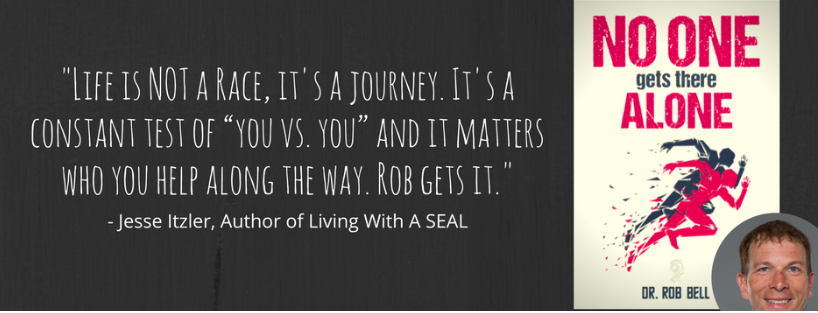

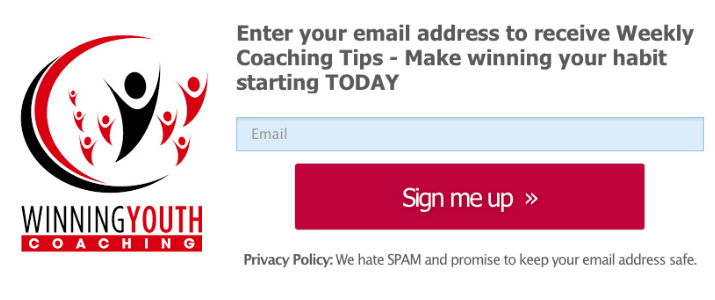



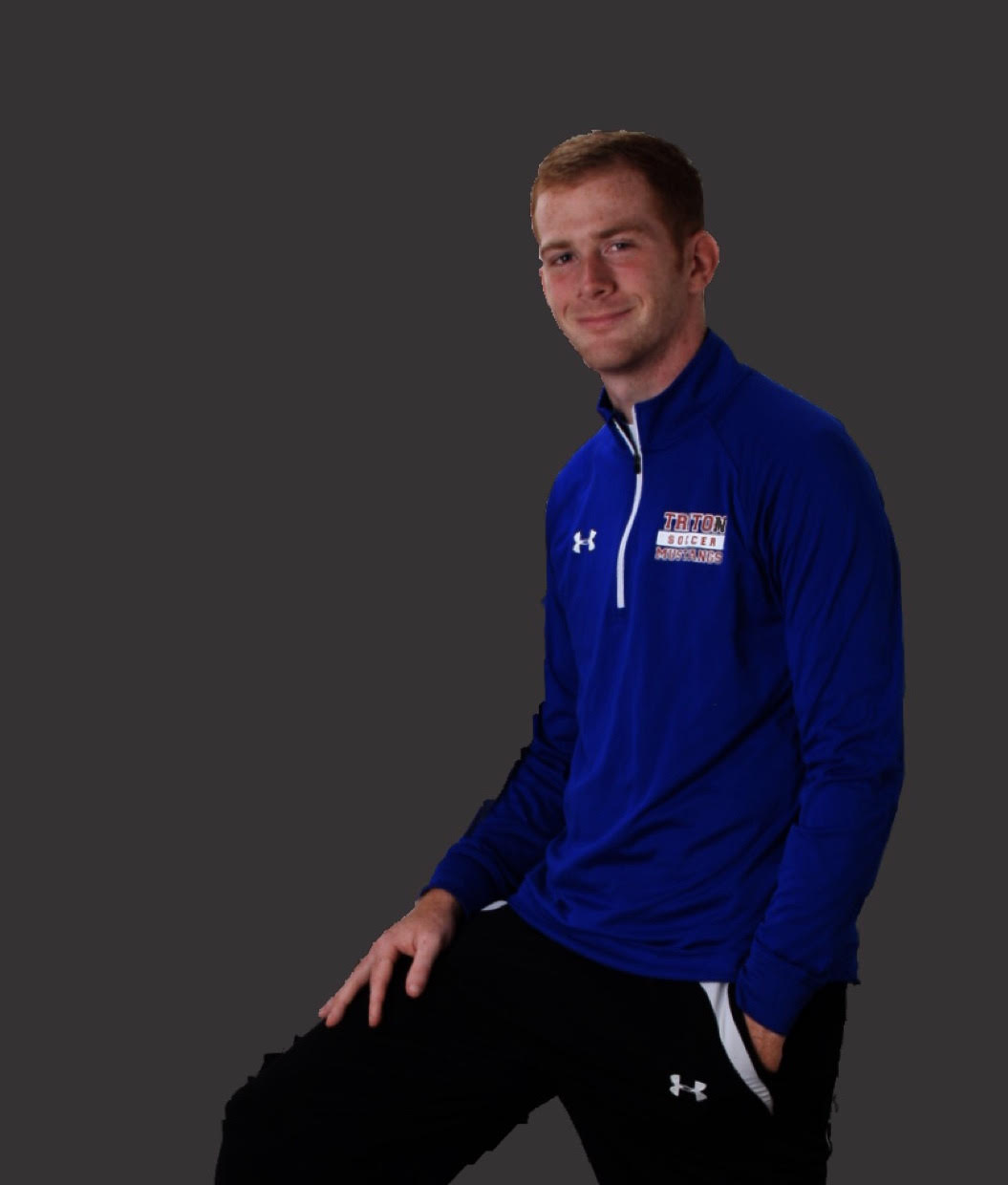

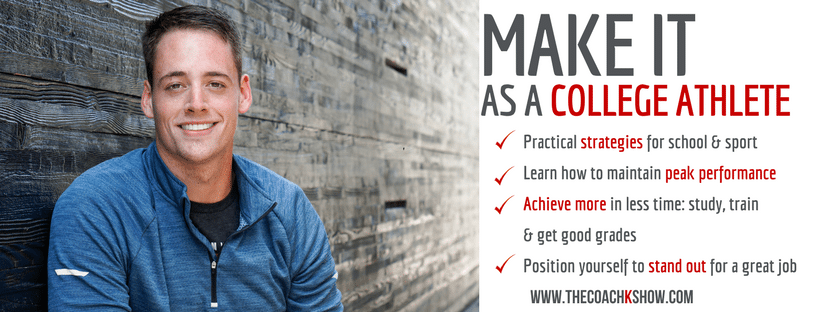
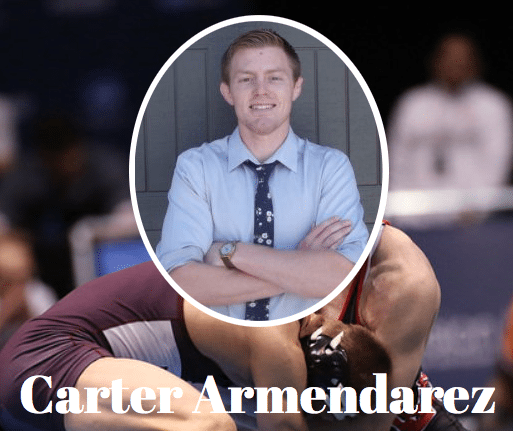
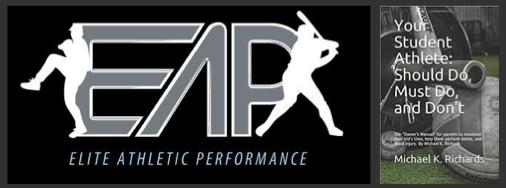


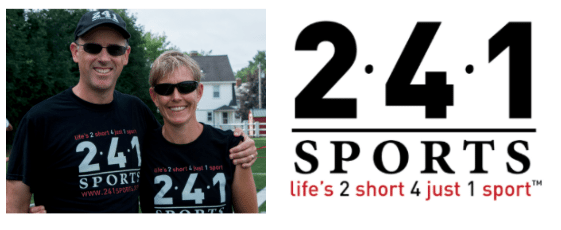
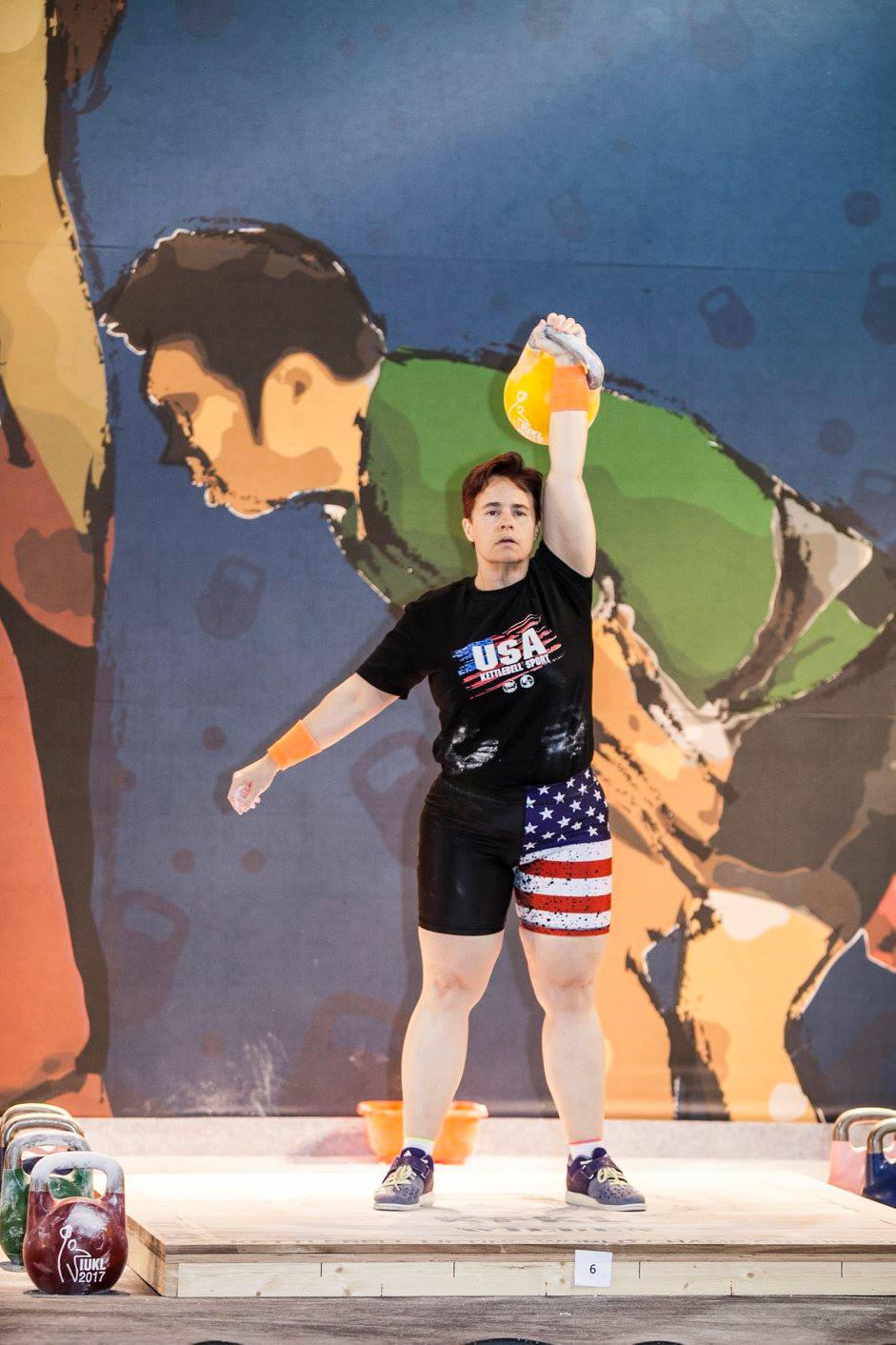

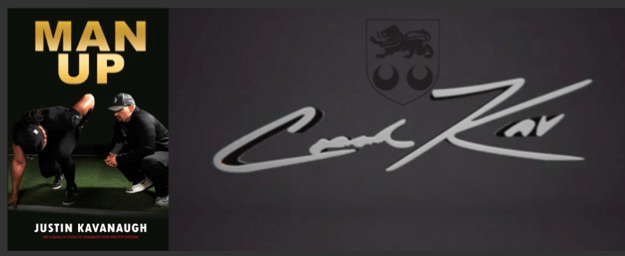

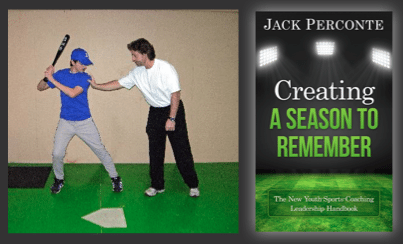

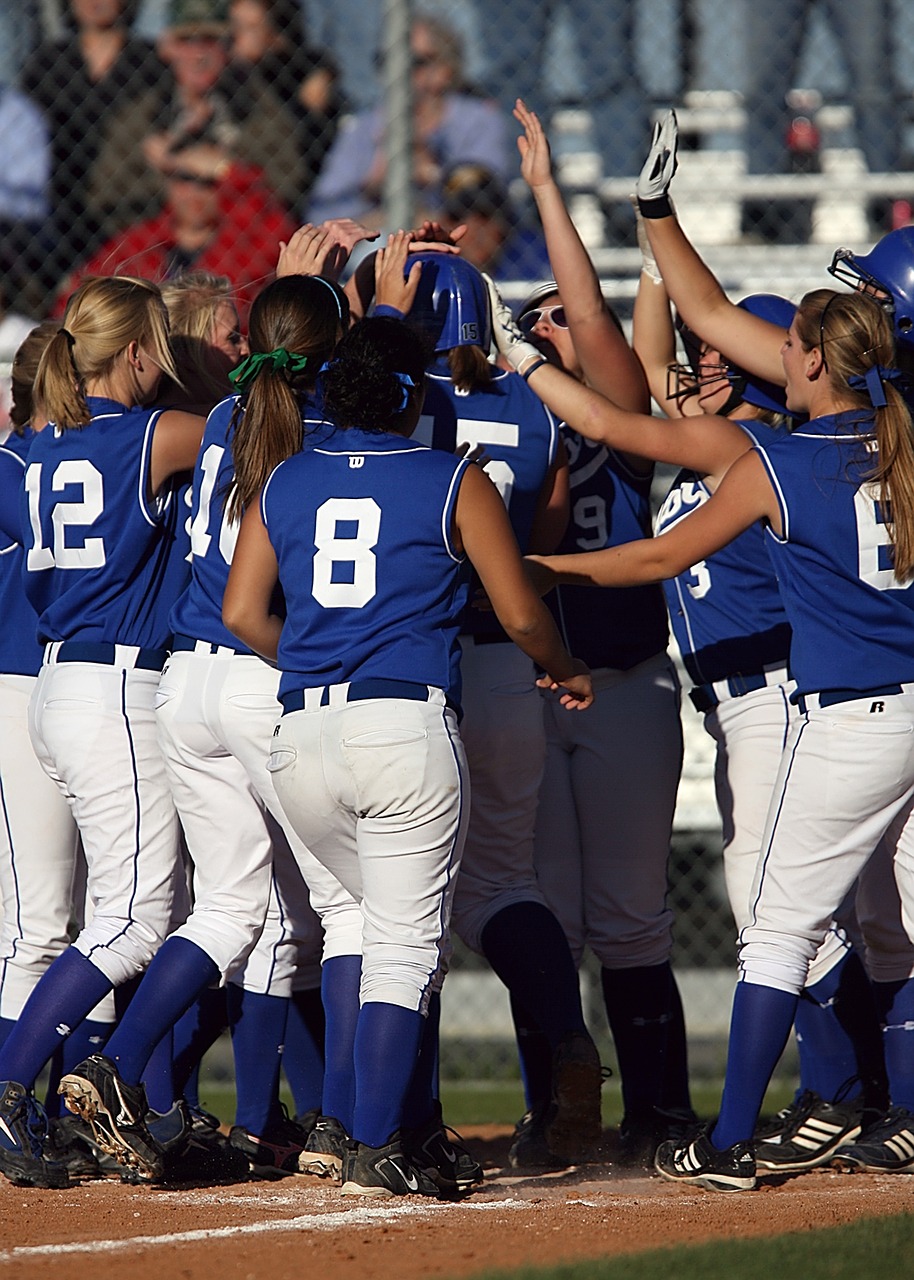

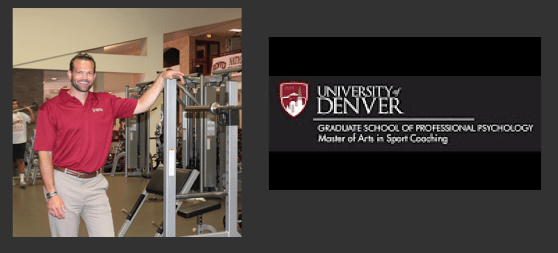

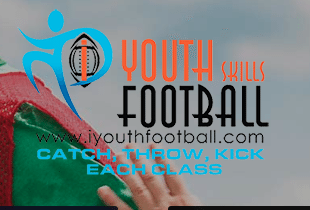
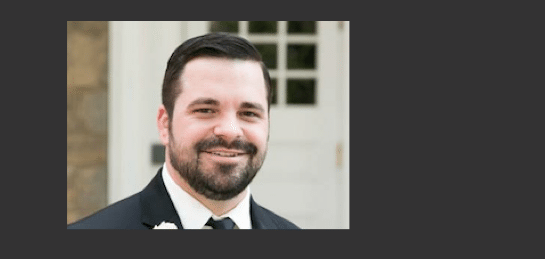
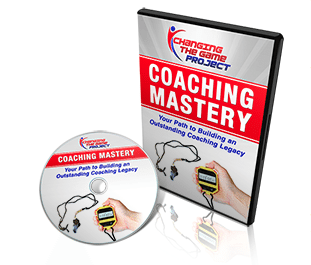
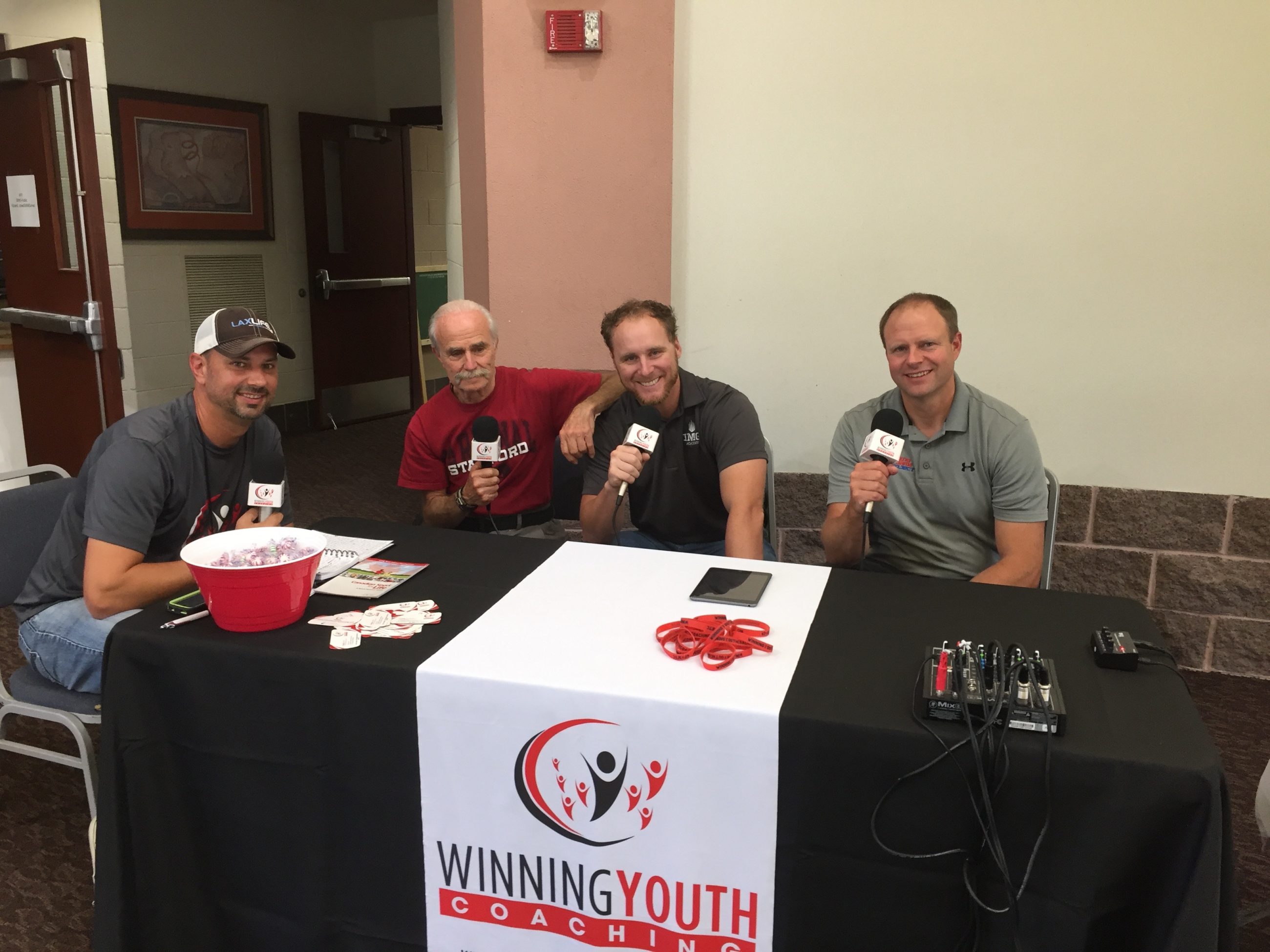
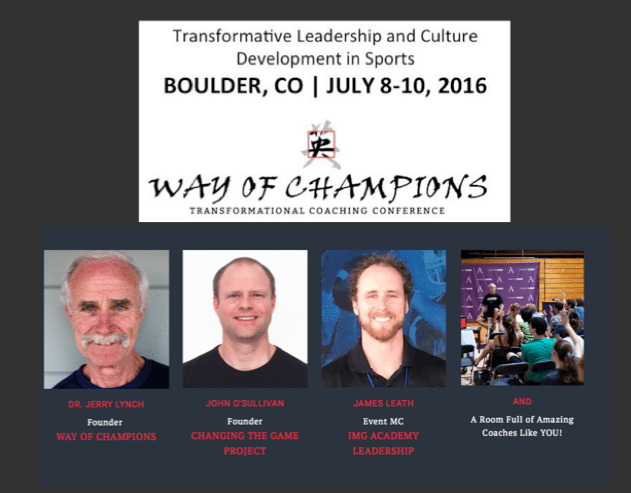
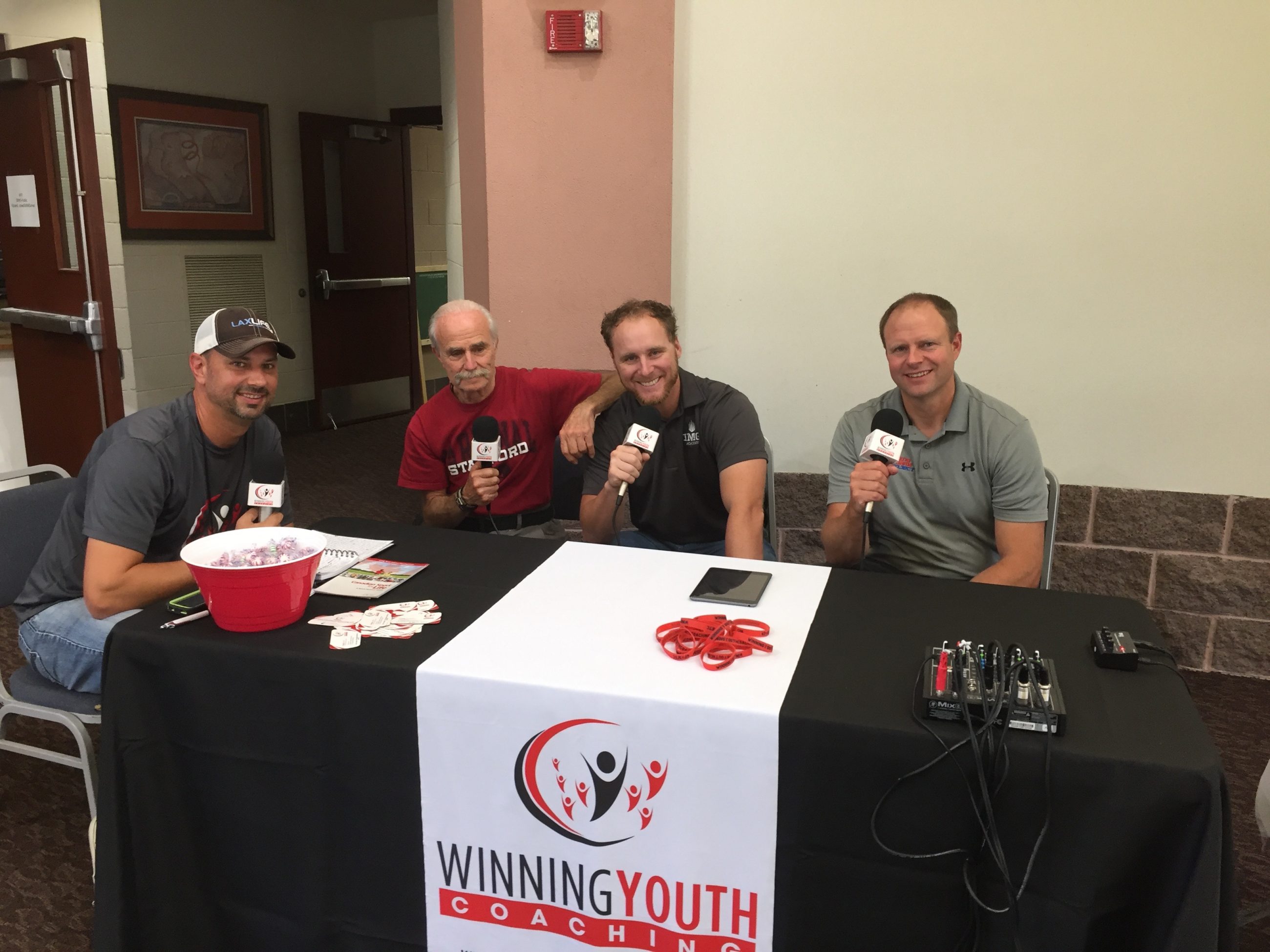

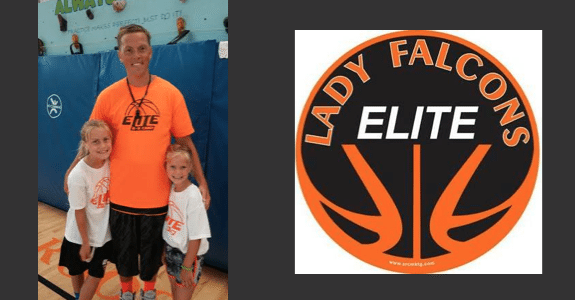

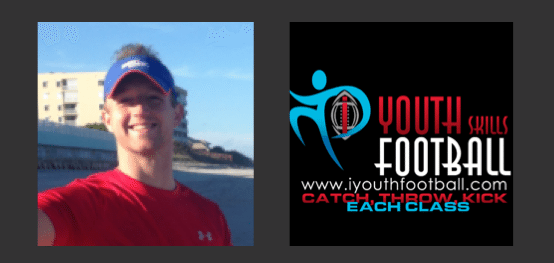

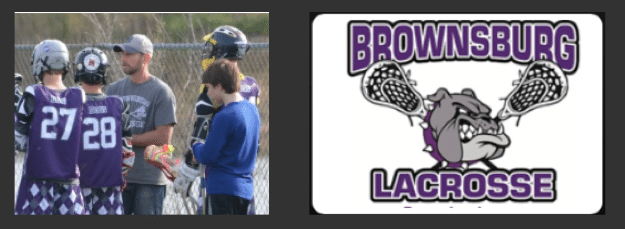

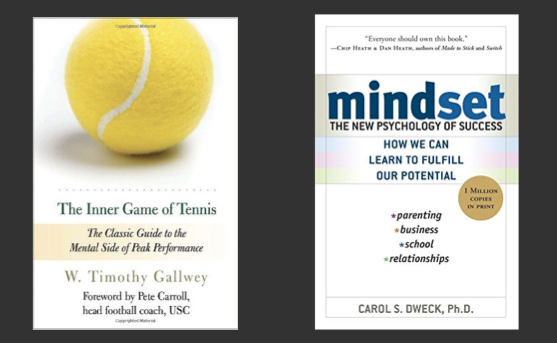


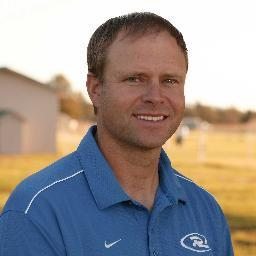

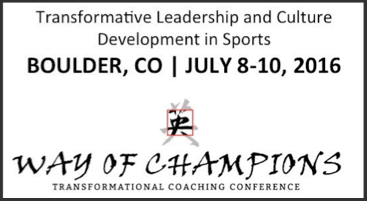
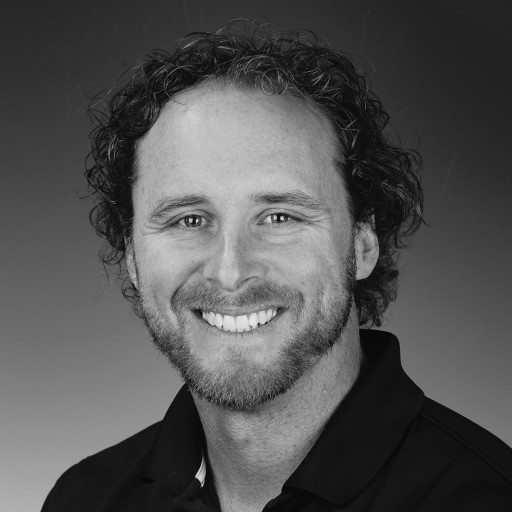

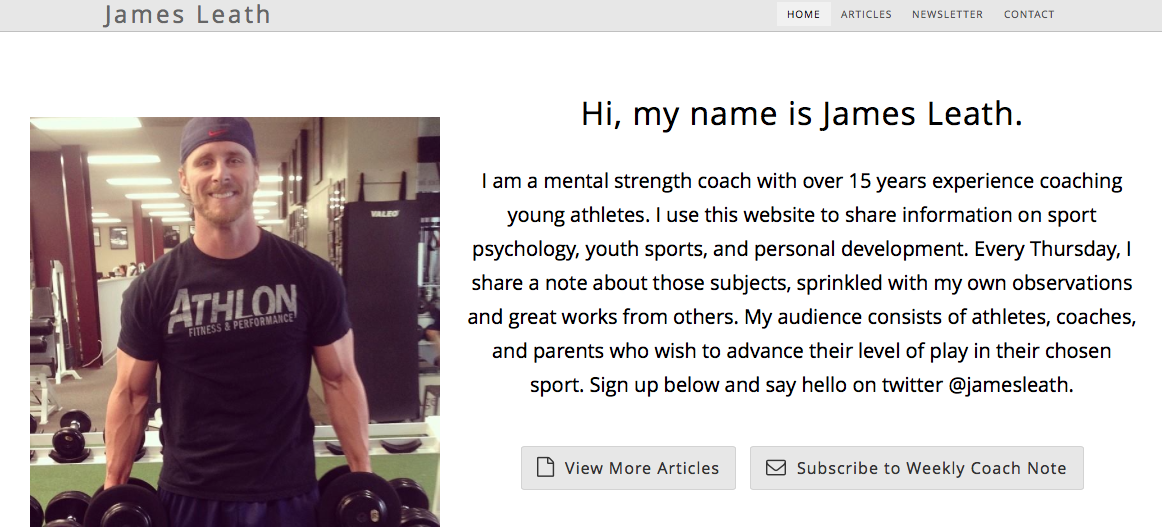
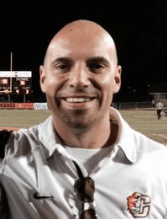
 What does it take to be a winning youth coach? Listen in as James Leath shares stories and discusses his journey to becoming a successful sports coach.
What does it take to be a winning youth coach? Listen in as James Leath shares stories and discusses his journey to becoming a successful sports coach.